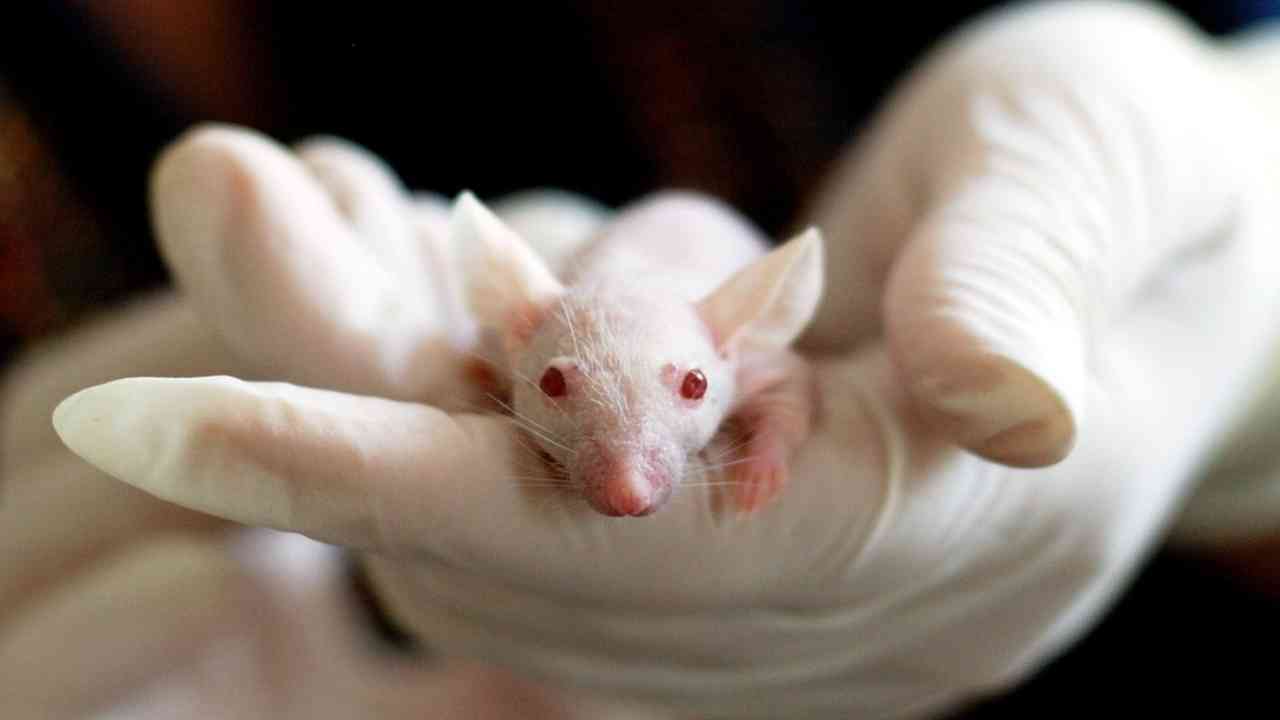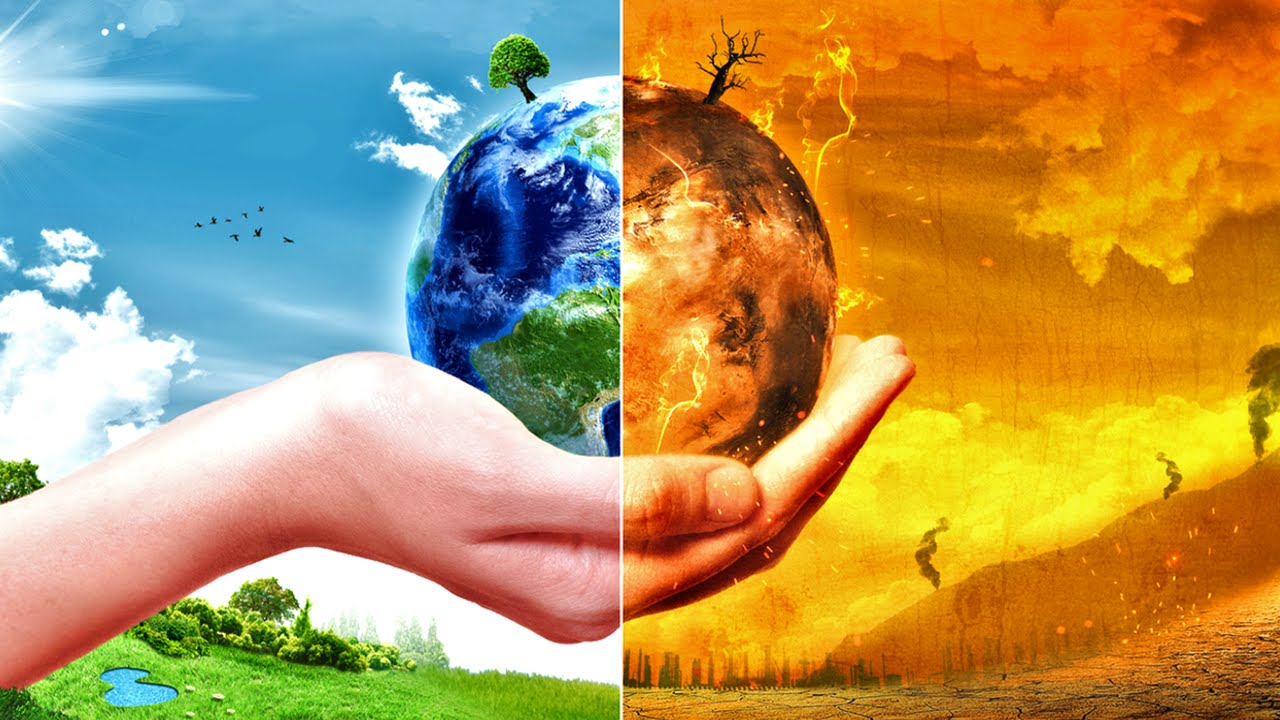By Puja Gupta
International Animal Rights Day is celebrated annually on December 10, which coincides with the anniversary of the Universal Declaration of Human Rights in 1948.
All animals have the right to live just like us. In many countries, including India, there are strict laws against animal cruelty. However, they are often restricted only to dogs, cats and wild animals. The law permits the use, exploitation and slaughter of some animals that are mainly farmed animals.
Amjor Chandran, animal rights activist, points out: “The livestock population in India has increased by 4.6 percent, from 512 million in 2012 to nearly 536 million in 2019. They are breed into existence to meet the demand of animal products. Hence, more than 90 percent of animals are farm animals but they are not recognised as individuals like other animals.”
Even with those animals whose rights are recognised, laws need to be stricter. In many cases a paltry penalty of just Rs 100 enables animal abusers to get away quickly, he adds.
The kind of animals whose right to live is acknowledged varies in different cultures. In Hindu culture, cow is considered holy. It is the reason why in some parts of our country cow slaughter is banned. In the Western countries, they have strict animal right laws, but there is no restriction in slaughtering and eating of cows there.
In China people are free to eat dogs, even bats and other animals, but capital punishment is given to those who kill panda. So depending on the culture and tradition we grow up in, the way we look at certain animals changes, says Chandran, co-organiser of Vegan India Movement.
“This form of discrimination is called speciesism,” he says. “Speciesism’ is the idea that being human is a good enough reason for human animals to have greater moral rights than non-human animals. A prejudice or bias in favour of the interests of members of one’s own species and against those of members of other species.”
Veganism is an ethical stance against this form of discrimination which rejects the commodity status of animals. A vegan seeks to exclude as far as practically possible all sorts of exploitation of animals. Hence, it doesn’t support zoos, circuses and wouldn’t buy animal products or products tested on animals. In dietary terms, it means absolute abstain from food products derived from animals like dairy, meat, honey, cheese and eggs. In every industry where animals are used they are exploited and abused.
“We all are born in a world that conditions the mind to believe that animals are ours to be used and exploited. Once you realise it is done for all the wrong reasons that’s when a person decides to go vegan,” Chandran concludes.
(Puja Gupta can be contacted at [email protected])
–IANS


















